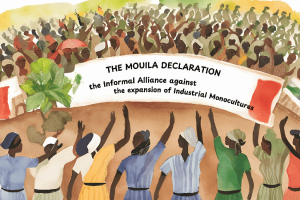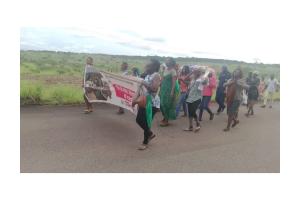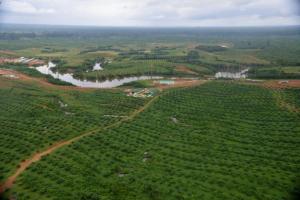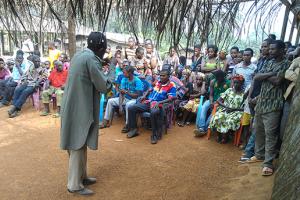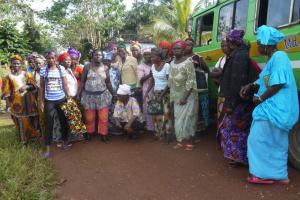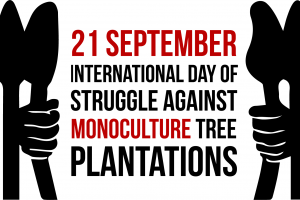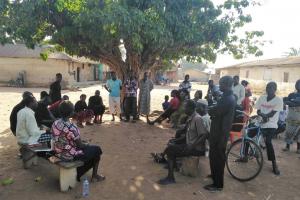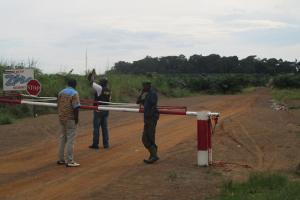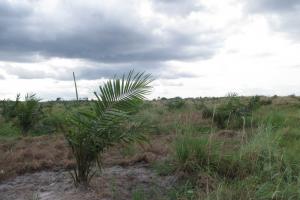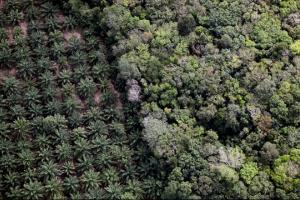Struggles Against Tree Monocultures
Corporate profit drives land grabs to install industrial tree monocultures. Where industrial plantations take root, communities' territories and lives are violently invaded, their forests destroyed and their water polluted. When communities resist, companies tend to respond with aggression. Despite this extreme violence, communities around the world are resisting, organizing and joining forces to defend their territories. Every September 21 the International Day of Struggle against Monoculture Tree Plantations is celebrated.
Communities in West and Central Africa are facing the impacts of industrial oil palm plantations. With the false promise of bringing ‘development’, corporations, backed up with government support, have been granted millions of hectares of land for this expansion.
Why haven't Africa's post-colonial governments dismantled the colonial plantation model of exploitation and extraction, returned the lands to their people and emboldened a resurgence of Africa's diverse, local food and farming systems?
Sign this letter to alert people in the global North! Stop development agencies from promoting expansion of large-scale tree plantations.
The Norwegian company APSD is establishing industrial eucalyptus plantations in Ghana for biomass fuel, which is considered a "carbon neutral" fuel. The Youth Volunteers for the Environment in Ghana spoke with communities affected by these plantations.
What are the experiences of communities living inside or adjacent to the plantation areas of companies with “zero deforestation” pledges? How can these companies continue expanding without deforesting in densely forested countries?
The Singapore-based OLAM company has secured access to 500 thousand hectares of land in Gabon to set up large-scale oil palm plantations, a country with 85% of forest coverage. How can OLAM then claim to follow a “zero deforestation” commitment?
